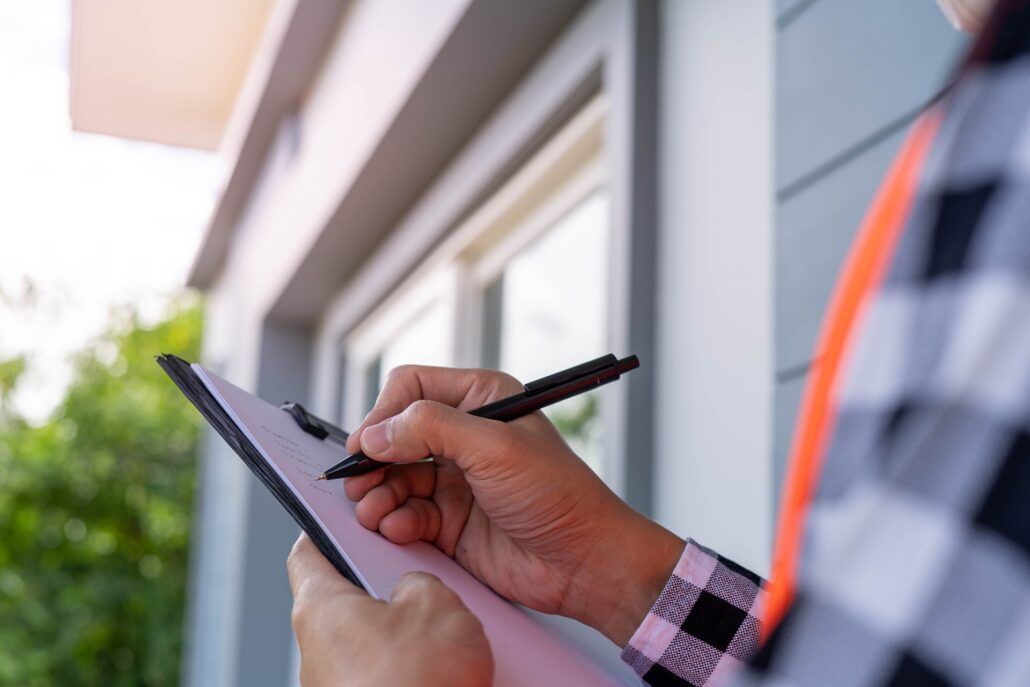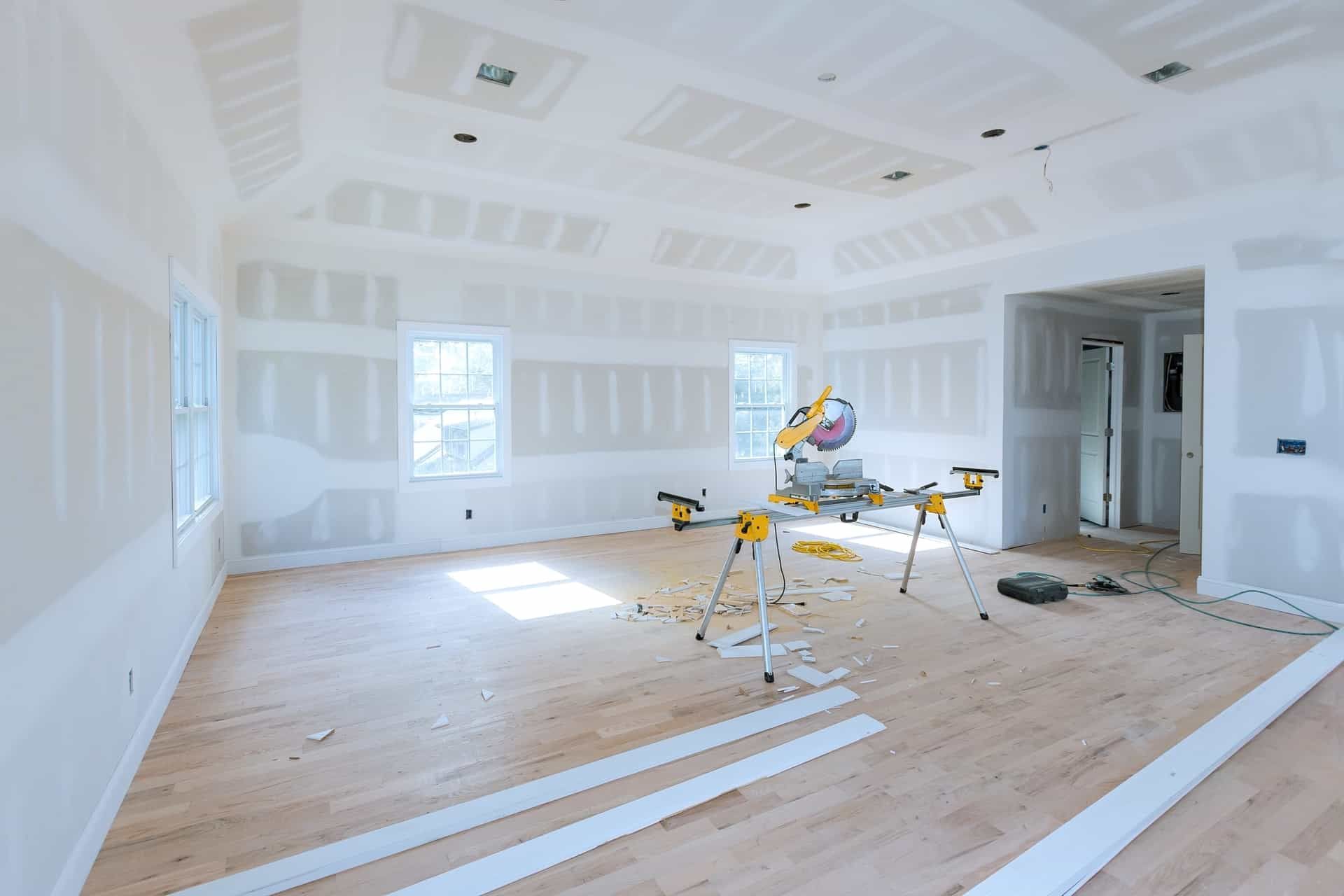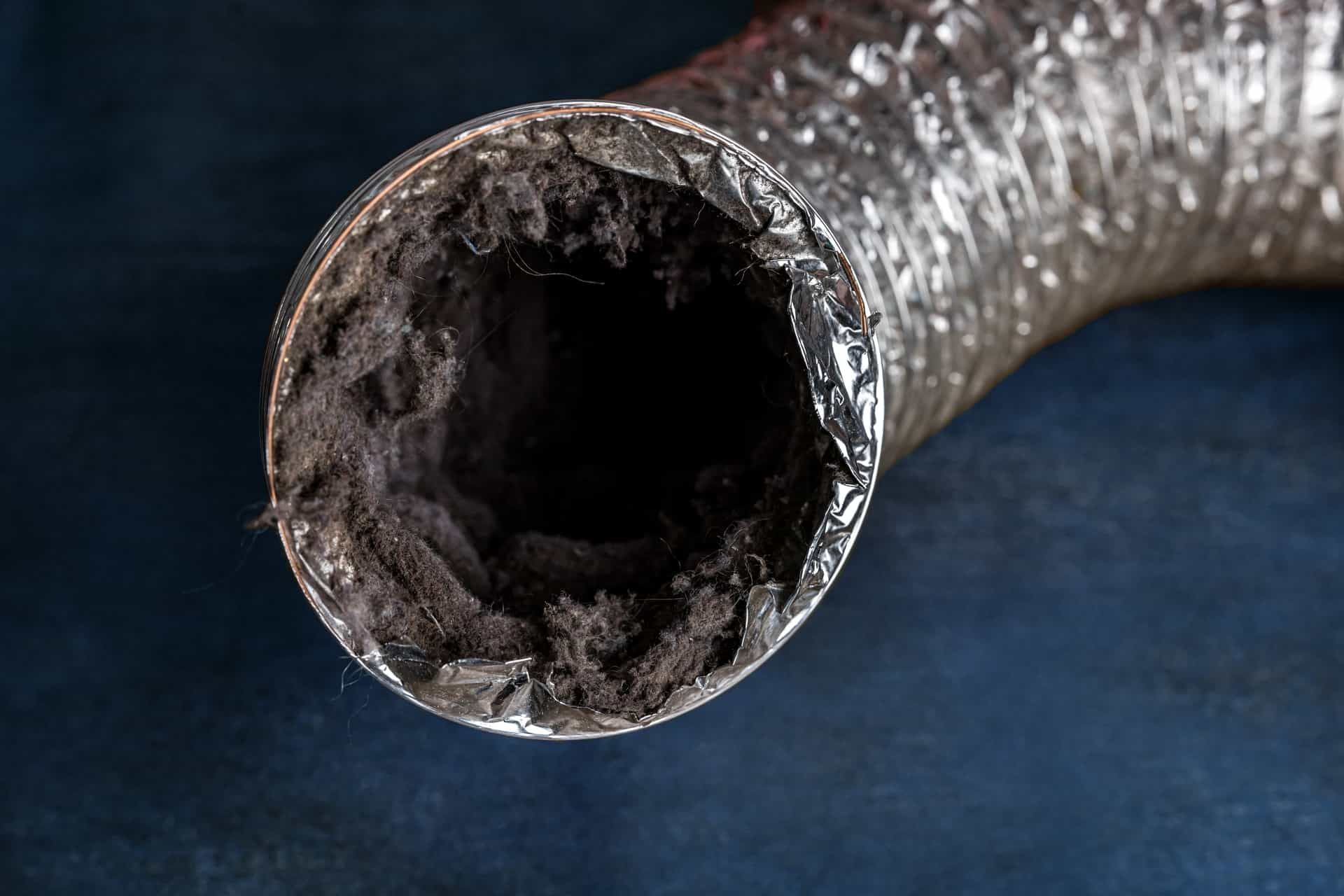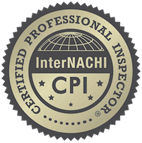How Accurate Are Air Mold Tests?
You may not see mold spreading in your home. Yet, you may be able to smell it or sense it in the air. Naturally, Mold is a silent invader that thrives in damp, humid environments, often going unnoticed until it begins to cause problems Mold testing is essential for anyone who wants to maintain a safe and healthy living environment..
In today’s post, we’ll explore the topic of mold tests and answer the question: How accurate are air mold tests? Along the way, we’ll provide valuable insights into mold testing methods, when and why you need testing, and what to expect from professional services.
Who Needs Air Mold Testing, and Why Is It Important?
Air mold testing is essential for those concerned about their home’s air quality and the health risks posed by mold. Mold spores are invisible to the naked eye and can trigger serious health issues if left unchecked.
- Homeowners: Have you noticed persistent musty odors or unexplained health symptoms like coughing or itchy eyes? Mold testing can uncover hidden issues affecting your family’s health.
- Landlords and Tenants: Mold disputes are common. Air mold testing ensures clear documentation of the property’s condition.
- Real Estate Professionals: Buyers and sellers can prevent disputes and protect their investments with reliable mold testing.
- Business Owners: Offices, shops, and restaurants must provide safe environments for employees and customers.
By identifying mold early, you can prevent long-term damage to your property and safeguard your health.
How to Test for Mold
Professional mold testing uses various methods to identify and measure mold presence. Here are the most common techniques:
Air Sampling:
- Captures airborne mold spores for laboratory analysis. This method identifies the type and concentration of spores in the air.
- Best for: Detecting mold that isn’t visible but may be growing behind walls or under floors.
Surface Sampling:
- Swabs or tape lifts collect samples from visible mold or suspicious areas.
- Best for: Confirming whether visible growth is mold and determining its type.
Bulk Sampling:
- Involves collecting materials like drywall or insulation to test for mold.
- Best for: Assessing the extent of mold contamination within building materials.
Environmental Monitoring:
- Measures factors like humidity and temperature that contribute to mold growth.
- Best for: Preventing future mold problems.
While DIY kits may seem convenient, they often lack the precision and reliability of professional testing.
Are Air Mold Tests Reliable?
The reliability of air mold tests depends on several factors, including the equipment used and the expertise of the technician performing the test.
Strengths of Professional Air Mold Tests:
- Certified Equipment: High-quality equipment ensures accurate sample collection and analysis.
- Controlled Conditions: Professionals control for environmental factors like humidity and ventilation.
- Comparative Analysis: Outdoor air samples are tested alongside indoor samples to identify discrepancies.
Limitations to Consider:
- Snapshot Data: Air sampling provides a snapshot rather than a continuous measurement.
- Environmental Variations: Weather conditions or recent cleaning can impact spore counts.
Despite these challenges, professional air mold tests remain the gold standard for accuracy.
What Are the Acceptable Levels of Mold?
Not all mold is harmful, but understanding acceptable levels is critical. It's important to be aware of the warning signs that indicate you have toxic mold illness, as exposure to certain types of mold can pose health risks.
- Normal Levels: Mold spores are naturally present in outdoor air, with counts ranging from 200–500 spores per cubic meter. Indoor levels should mirror outdoor conditions.
- Elevated Levels: Higher indoor counts indicate potential contamination.
- Toxic Levels: Even small amounts of toxic molds like Stachybotrys (black mold) require immediate attention.
Professional mold inspectors analyze test results to determine if remediation is needed.
Signs You Need Mold Testing
Mold isn’t always visible, but it leaves clues. If you notice any of the following, it’s time to schedule testing:
- Persistent Odors: A musty smell that lingers, especially in basements or crawl spaces.
- Health Symptoms: Allergies, asthma flare-ups, or respiratory issues that worsen indoors.
- Visible Growth: Discolored patches on walls, ceilings, or furniture.
- Water Damage: Leaks, stains, or past flooding incidents.
- Excessive Humidity: High indoor humidity creates ideal conditions for mold growth.
Early testing can save you the cost and hassle of extensive remediation later.
What Are Air Mold Tests, and How Do They Work?
Air mold tests measure the concentration and types of mold spores circulating in your home.
How the Process Works:
- Setup: Professionals position air sampling devices in key areas like bedrooms, basements, and HVAC zones.
- Sampling: Air is drawn through spore traps to capture mold spores.
- Analysis: Samples are sent to a laboratory, where mold species and quantities are identified.
- Report: Results include a detailed breakdown of findings and recommended next steps.
Professional mold inspectors often pair air testing with surface and environmental sampling for a comprehensive assessment.
Do You Suspect Mold Is Hiding in Your Home?
Mold often hides in unexpected places. Common hiding spots include:
- Behind walls or wallpaper
- Under carpets or flooring
- Inside HVAC ducts
- Attics, basements, and crawl spaces
- Beneath sinks or appliances
Professional mold inspectors use tools like moisture meters and thermal cameras to locate hidden mold accurately.
Why Choose Guardian Angel Inspections?
At Guardian Angel Inspections, we prioritize accuracy and transparency. Our certified mold inspectors use advanced tools and techniques to deliver reliable results.
What we offer:
- Comprehensive air and surface testing
- Detailed reports with actionable recommendations
- State-of-the-art technology for precise detection
Mold can silently affect your health and property. Professional air mold testing provides the peace of mind you need by identifying and addressing mold issues early. To keep your family safe, call +1 561-512-7854 or fill out our contact form.
FAQs About Mold Testing
How often should I test for mold?
Once a year or after events like water damage or flooding.
Will air mold tests detect hidden mold?
Yes, air tests can indicate hidden mold, but additional inspections may be required for precise locations.
Are DIY mold testing kits effective?
DIY kits often lack the reliability of professional testing and may produce false positives or negatives.
What happens if high mold levels are found?
Professional mold remediation services will assess and remove the mold safely.
How long does it take to get results?
Testing takes 1–2 hours, with lab results available within 2–5 days.
Disclaimer: The information on this website and blog is for general informational purposes only and is not professional advice. We make no guarantees of accuracy or completeness. We disclaim all liability for errors, omissions, or reliance on this content. Always consult a qualified professional for specific guidance.
Share this entry







